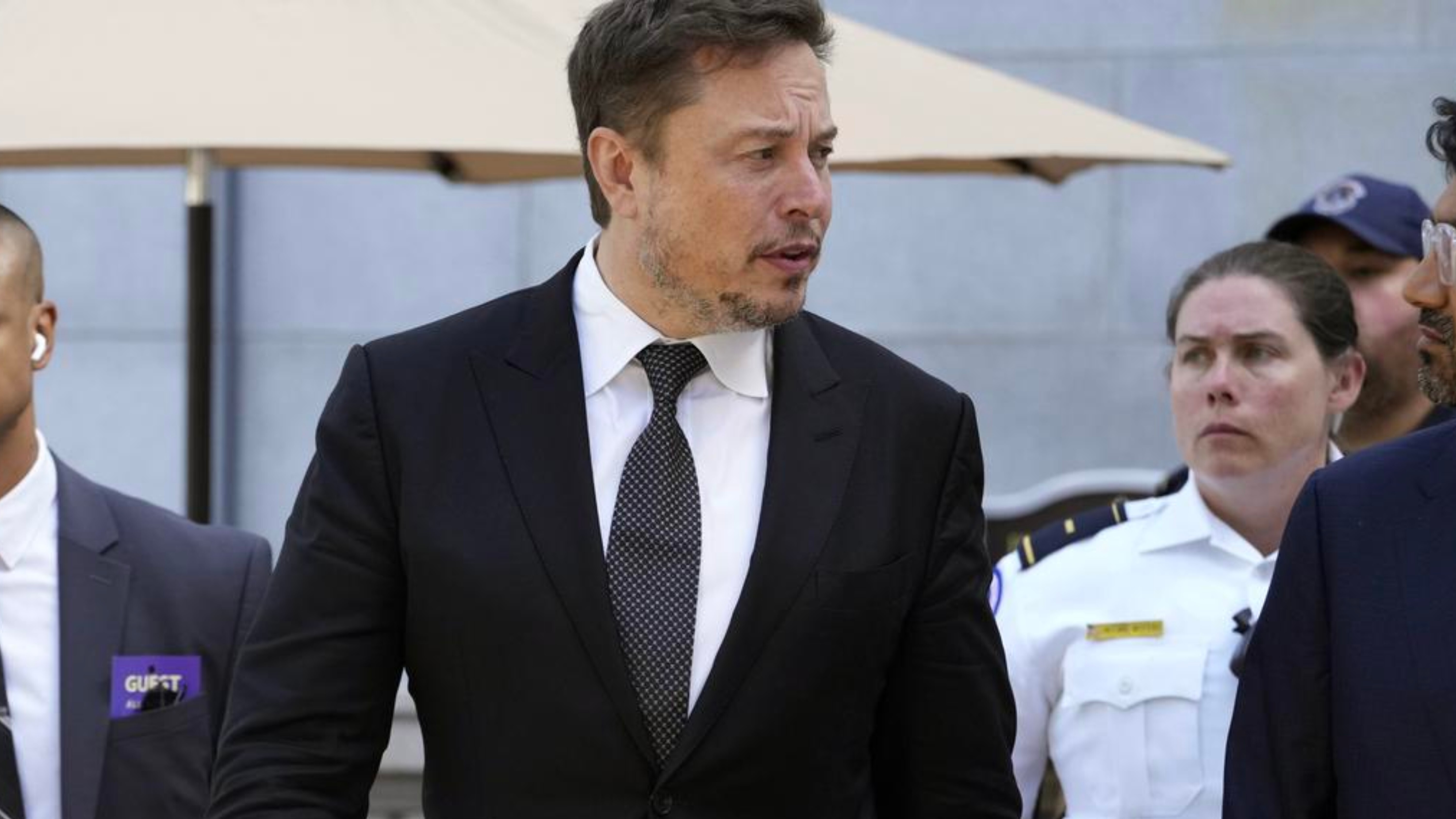
Apple recently introduced Apple Intelligence, its interpretation of on-device AI, at WWDC 2024. Its artificial intelligence features are designed to primarily run on-device, but any task that requires more horsepower will be passed on to Apple’s Private Cloud Compute. However, Tesla boss Elon Musk has been riled by the option to integrate ChatGPT into Apple’s AI services — initially with Siri.
Musk said, “If Apple integrates OpenAI at the OS level, then Apple devices will be banned at my companies. That is an unacceptable security violation.” He then expanded his Twitter/X thread by asserting “Visitors will have to check their Apple devices at the door, where they will be stored in a Faraday cage.”
And visitors will have to check their Apple devices at the door, where they will be stored in a Faraday cageJune 10, 2024
As always, Apple is late to hop on a hot tech trend. But it tends to go all-in when it moves, and its Apple Intelligence has several attractive key features, especially its emphasis on privacy. However, OpenAI's ChatGPT model has the advantage over Apple, especially since the game-changing ChatGPT-3.5 launched back in 2022. This 18-month difference has given OpenAI the advantage and even Apple admits that.
Craig Federighi admitted this much during the Apple Intelligence segment, “Still, there are other artificial intelligence tools available that can be useful for tasks that draw on broad world knowledge or offer specialized domain expertise. We want you to be able to use these external models without having to jump between different tools, so we’re integrating them right into your experiences — and we’re starting out with the best of these; the pioneer and market leader ChatGPT from OpenAI, powered by CharGPT-4o.”
So, if you use Siri’s AI and it feels that ChatGPT can generate better ideas, it will talk to OpenAI’s service. Nevertheless, this is an opt-in feature, meaning your iPhone will confirm with you first if you want to share your data, including text and photos. OpenAI and Apple say that users’ IP addresses are obscured when ChatGPT receives requests, and that the former won’t store these.
Despite assurances, Elon Musk still has his reservations. He claims that “Apple has no clue what’s actually going on once they hand your data over to OpenAI. They’re selling you down the river.” Earlier this year, Musk sued OpenAI for its alleged breach of its founding agreement. However, the company’s leadership suggested that this move was because of “Elon’s regrets about not being involved with the company today.”
Elon Musk’s concerns are technically moot, especially as Apple and OpenAI are, at least on paper, putting user privacy in the forefront. But we cannot turn a blind eye towards some of the issues that OpenAI and ChatGPT have stumbled into. For example, Samsung inadvertently leaked confidential data in 2023 after its workers used ChatGPT at work. We also cannot discount malware and weak username/password combinations that could compromise iPhones integrated with user ChatGPT accounts.
Musk’s main issue is the integration of ChatGPT itself with Siri. However, this Siri-ChatGPT connection is likely to run through an API and would not have access to your iPhone’s data, except the information that you explicitly send it. Still, Elon Musk (and several other users) have trust issues regarding artificial intelligence in general. For some, the opt-in feature is good enough to ensure that Apple will not send your data to ChatGPT. But for Elon Musk, he’d rather not have it at all.







